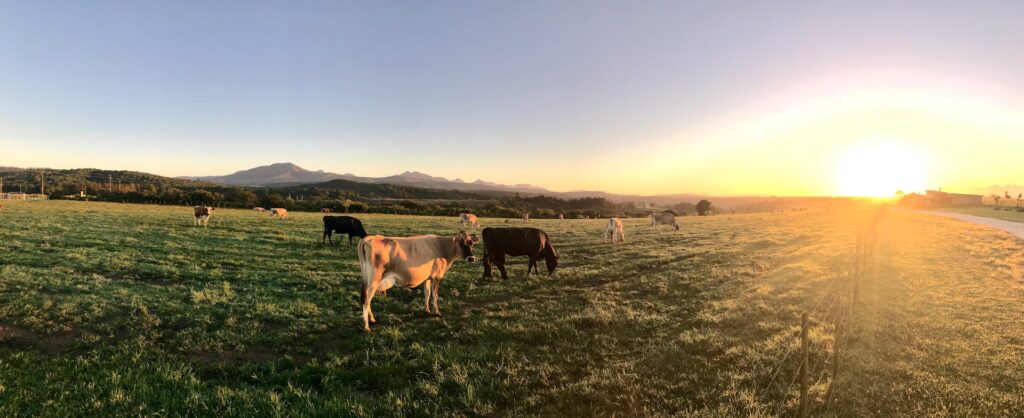Zimbabwe: Sustainable Cattle Farming Practices
As the demand for beef continues to grow, Zimbabwean cattle farmers are adopting sustainable practices to ensure the long-term viability of their operations. Sustainable cattle farming prioritizes environmental conservation, social responsibility, and economic viability. This approach not only enhances the productivity of farms but also contributes to the overall well-being of the environment and local communities.
Conservation agriculture (CA) is a key component of sustainable cattle farming in Zimbabwe. This farming approach minimizes soil disturbance, preserves soil moisture, and promotes biodiversity. By adopting CA principles, farmers can reduce soil erosion, improve pasture quality, and increase crop yields. Minimum tillage or no-till farming, permanent soil cover, and crop rotations are essential elements of CA that Zimbabwean farmers are increasingly embracing.
Rotational grazing is another critical practice that Zimbabwean cattle farmers are adopting. This involves moving cattle to different grazing areas to allow pastures to recover, resulting in improved pasture quality, reduced soil erosion, and increased biodiversity. By rotating grazing areas, farmers can also reduce the pressure on pastures, allowing them to regenerate and maintain their productivity.
Effective pest management is also vital in sustainable cattle farming. Integrated pest management (IPM) involves using a combination of techniques to control pests and diseases, including monitoring and forecasting, biological control, and chemical control as a last resort. This holistic approach helps reduce the reliance on chemical pesticides and maintains ecosystem balance.
Organic farming is gaining popularity among Zimbabwean cattle farmers, involving the avoidance of synthetic fertilizers and pesticides. Instead, farmers use natural fertilizers, promote soil health, and enhance biodiversity. Organic farming methods not only improve soil fertility but also contribute to better animal welfare and environmental conservation.
The benefits of sustainable cattle farming are numerous. Improved soil health, increased biodiversity, enhanced water conservation, better animal welfare, and improved profitability are just a few advantages that Zimbabwean farmers can experience. By adopting sustainable practices, farmers can contribute to a more resilient and sustainable agricultural sector.
Despite the benefits, sustainable cattle farming faces challenges. Limited access to information and training, high initial costs, and market demand for sustainable products are some of the obstacles that Zimbabwean farmers encounter. However, with the increasing demand for sustainably produced beef and growing support from government and non-governmental organizations, the opportunities for sustainable cattle farming in Zimbabwe are vast.

In conclusion, sustainable cattle farming practices offer a viable solution for Zimbabwean farmers to improve productivity while conserving the environment. By adopting these practices, farmers can contribute to a more resilient and sustainable agricultural sector, ensuring the long-term viability of their operations and the well-being of their communities.
